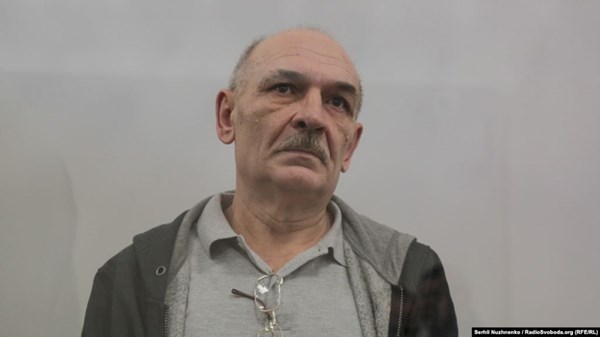Netherlands accuses Russia of obstructing questioning of Tsemakh on MH17 case
The Netherlands believes that Russia allowed the terrorist Vladimir Tsemakh to leave the country in order to avoid extraditing him in the context of the MH17 case, Eurointegration reports, citing the findings of the Dutch Public Prosecution Service. Tsemakh features in the case as a suspect, but more evidence is required to prosecute him.
“The Public Prosecution Service has come to the conclusion that Russia knowingly acknowledged that Tsemakh had left its territory, and thus declined to satisfy the Netherlands’ request. It should have taken place on the basis of the European Convention on Extradition,” the department stated.
The prosecution service believes that Tsemakh’s absence does not affect the judicial investigation of the catastrophe.
On July 17, 2014, a Malaysia Airlines Boeing 777 flying from Amsterdam (Netherlands) to Kuala Lumpur (Malaysia) was shot down in the sky over Ukraine’s Donetsk province. All 298 people on board were killed.
The international Joint Investigation Team (JIT) has established that the airliner was shot down by a 9M38 missile fired from a mobile Buk launcher from an agricultural field near the city of Pervomaisk. At the time, this region was under the control of pro-Russian separatists. The JIT concluded that the Buk was brought into Ukraine from Russia, and was returned to Russia after being used to attack flight MH17.
Tsemakh was the commander of a group of militants in Snizhne in 2014. On July 11, 2019, the separatist was captured in Snizhne and brought to Ukraine in a special operation. The Ukrainian soldier Oleksandr Kolodyazhniy later died from wounds received during the raid.
Some time ago, journalists discovered a video in which Tsemakh, then head of the “DPR Sloviansk Brigade” anti-air defense, admitted to concealing the Buk that was used against flight MH17.
The Dutch Foreign Minister said that the Netherlands “deeply regrets” the fact that Ukraine included Tsemakh in a prisoner exchange under pressure from Russia. However, he noted that the Dutch prosecutors did have an opportunity to question the militant before he was handed over.
In September, the Dutch Public Prosecution Service reclassified Tsemakh as a suspect. Previously he was only considered a key witness in the MH17 case.
